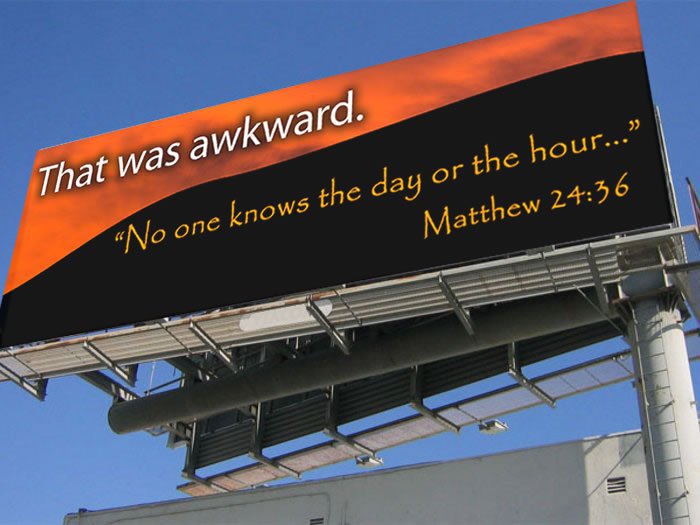 Jeremiah 29:11 is a famous Bible verse. It has brought comfort to many. In the main though, I am not sure it has been rightly understood. Here the Lord says, declares the Lord, plans for welfare and not for evil, to give you a future and a hope.”
Jeremiah 29:11 is a famous Bible verse. It has brought comfort to many. In the main though, I am not sure it has been rightly understood. Here the Lord says, declares the Lord, plans for welfare and not for evil, to give you a future and a hope.”
What is most often assumed is that this verse has universal application, the idea being that God has wonderful plans for every person on planet earth. His ultimate wish is that these desires are fulfilled, but of course, the outcome rests with the never to be infringed upon “free will” of man. Often these purposes are unfulfilled, but nevertheless, they can be tapped into at any time, should the sinner wish to participate. But is any of this true?
We need to ask who the words were written to. Did these words have universal scope in Jeremiah’s day? The obvious answer to this is “no.” These words were written to a nation under the severest judgment imaginable, being removed by force out of the land to become captive slaves in Babylon. Yet here, the tender mercy of God is seen in that the captivity would only last 70 years. Even in judgment, God will extend mercy to Israel, and after these dreadful decades, He will once again restore them to both Himself and the land of promise.
Could the Babylonian king claim this verse for himself? No, it was not written to him.
How about in our own day, can all claim this verse for themselves? I believe the elect of God can know an application of the text in that they understand that God indeed has good purposes for them, to conform them to the image of Christ. He has set His love upon them and has done so for eternity.
But can everyone? Well does God have beautiful and wonderful purposes for each person on earth that will make them supremely happy once fulfilled? Can we read Romans 9 and think, for even a minute, that God’s plans for Pharoah were simply to cause him to prosper on earth? Though prosperity was indeed one of God’s purposes, God raised him up so that His power might be shown to him in devastating judgment. That was God’s plan all along. Continue reading

 In the past, when people have asked me how evangelism and election can co-exist, I have pointed them to Romans 9 and 10 where Paul teaches election clearly (chapter 9) and follows it with the notion that they will not hear the good news without a preacher (chapter 10). God has His ends (His elect coming to faith in Christ) and achieves those ends through the use of means (prayer and the preaching of the word).
In the past, when people have asked me how evangelism and election can co-exist, I have pointed them to Romans 9 and 10 where Paul teaches election clearly (chapter 9) and follows it with the notion that they will not hear the good news without a preacher (chapter 10). God has His ends (His elect coming to faith in Christ) and achieves those ends through the use of means (prayer and the preaching of the word).